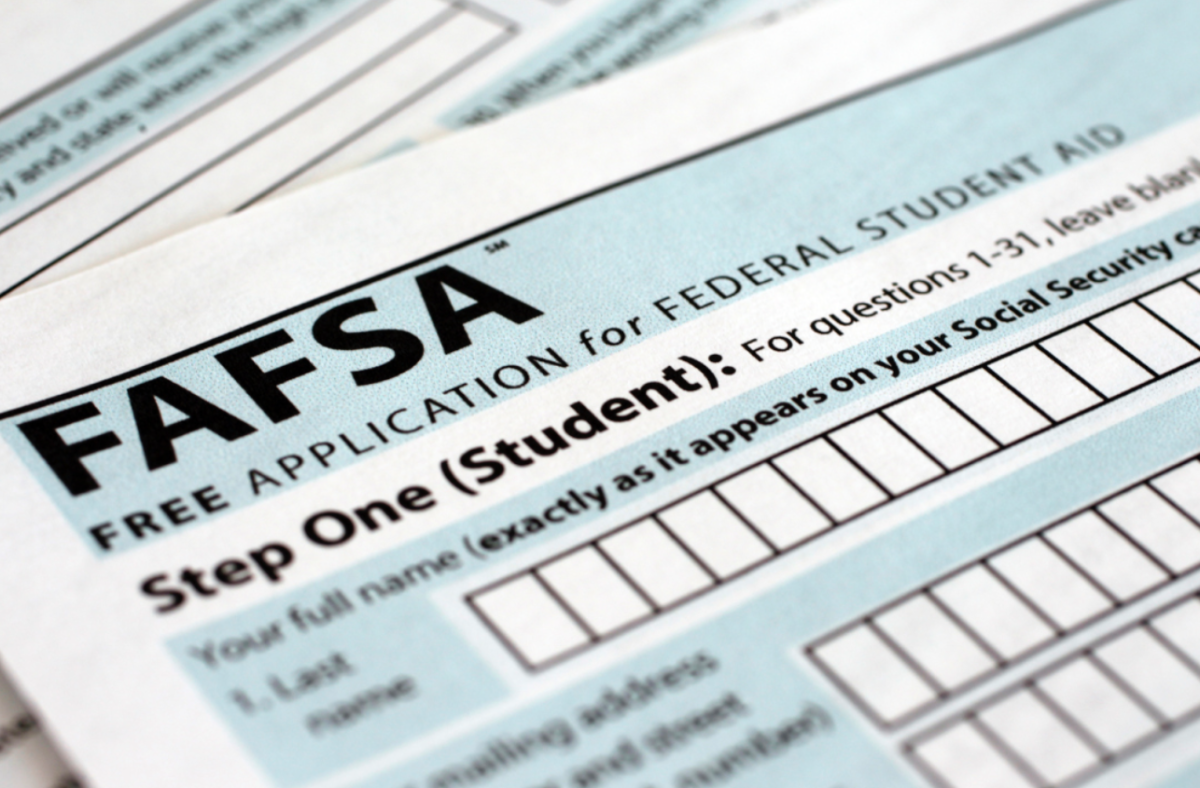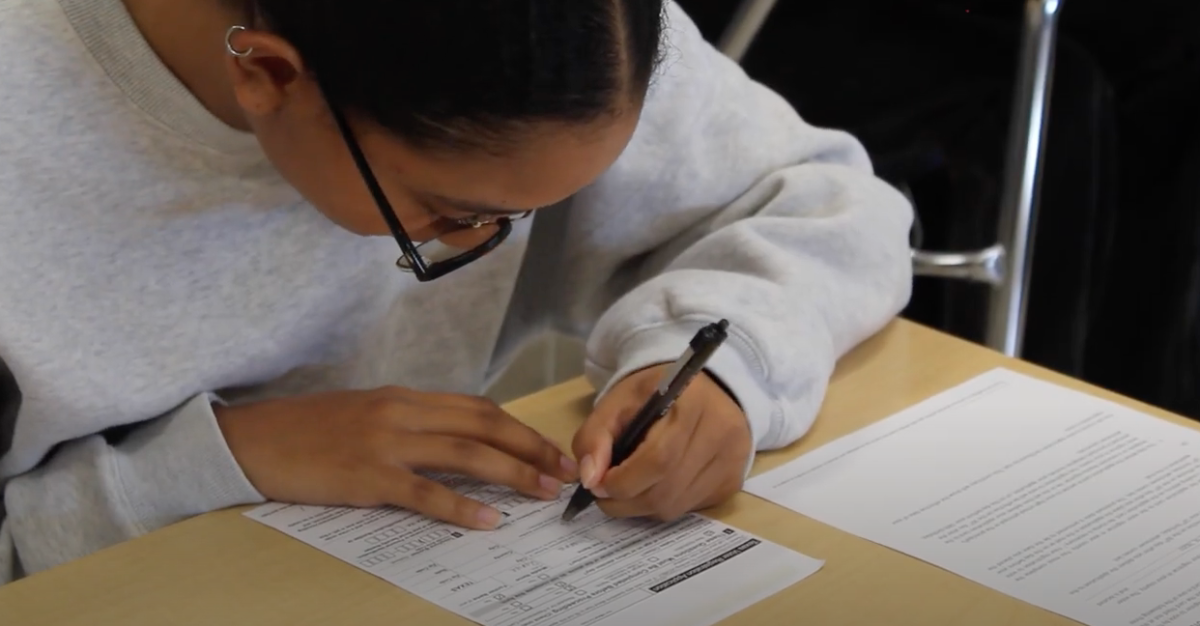by Mackenzie Armstead | staff writer
Recently there have been a few changes to the FAFSA guidelines as of 2017. These changes include an earlier date to submit your FAFSA, an extended deadline to file your application, and access to more information regarding the college application process.

“The biggest change to FAFSA is that students and parents can now begin to complete the application in October instead of having to wait until January,” counselor Patricia Snider said.
This expedited application window may prove beneficial to some students who are looking to get ahead in this process, as financial aid is only available on a first come first serve basis. In addition, FAFSA is also working towards aligning their application deadlines with admissions deadlines for certain colleges.
“The traditional FAFSA application cycle is not aligned with college admissions application deadlines. The new process will be more aligned with college admissions process [which is typically in the fall] for students,” counselor Amy Dominguez-Ibarra said.
FAFSA has also instituted some changes regarding what tax return parents should file, which is a required part of the application.
“Also, the FAFSA will be asking parents to report income and tax income from an earlier tax year. Before it had been just the prior year, but beginning in October, they will want the tax report from two years prior,” Snider said.














